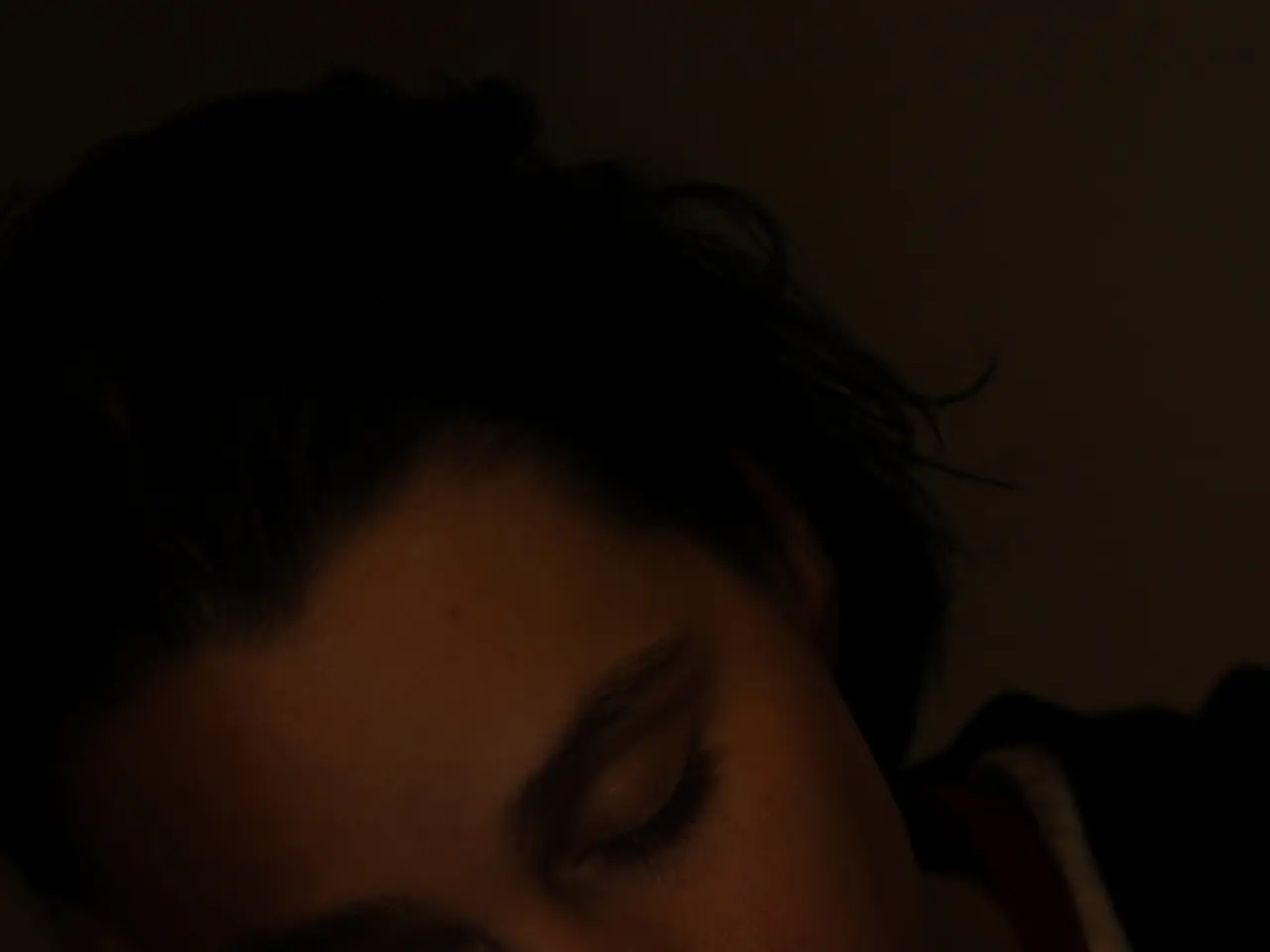The Unremembered Nighttime Activities of the Human Brain at 3 A.M.
In the quiet hours between 3 and 5 AM, our brains are hard at work, engaging in a series of complex processes that significantly impact our cognitive function, emotional well-being, and overall sleep quality.
During these hours, the brain enters the Rapid Eye Movement (REM) sleep phase, a crucial period for cognitive function, memory consolidation, and emotional regulation. Brain regions like the hippocampus and amygdala become particularly active, facilitating processes vital for memory consolidation—the brain’s way of organizing and storing new information learned during the day—and emotional processing, which helps regulate mood and responses to stress or trauma.
This phase also involves neural cleanup activities that prepare the brain for better functioning the next day. However, the period between 3 and 5 AM coincides with a natural circadian low point in core body temperature, blood pressure, and metabolism, designed to promote deep, restorative sleep. Stress or mental overload can disrupt this phase, leading to awakenings. Such interruptions can impair the beneficial effects of REM sleep on memory, cognition, and emotional health, potentially contributing to mood disorders and cognitive decline if chronic.
The process resembles a washing cycle, with cerebral spinal fluid surging through brain tissue, flushing away proteins like beta-amyloid that accumulate during waking hours. The hippocampus, the brain's memory center, engages in rapid-fire communication with the neocortex during this period, consolidating memories and integrating them into existing memory frameworks.
Emerging methodologies combining Electroencephalography (EEG), Functional Magnetic Resonance Imaging (fMRI), and artificial intelligence promise unprecedented insights into sleep processes. These advanced techniques are helping researchers map the precise neural circuits activated during specific sleep stages and develop interventions that could enhance beneficial sleep processes or mitigate disruptions to them.
Interestingly, the sleeping brain demonstrates remarkable computational abilities, extracting patterns from daily experiences, solving complex problems, and optimizing emotional responses without conscious direction or awareness. This system, known as the glymphatic system, increases its efficiency by up to 60% during this time, ensuring the brain is well-equipped to handle the day ahead.
However, sleep paralysis, affecting approximately 8% of the population regularly, can disrupt this delicate balance. Episodes often cluster around the 2-4 AM timeframe, leaving individuals temporarily paralysed and aware of their dreams. The brain deliberately limits memory formation during sleep through neurochemical mechanisms that inhibit the hippocampus from encoding new explicit memories.
Current research frontiers include exploring the effects of sleep disruptions on individuals with post-traumatic stress disorder (PTSD) and major depressive disorder (MDD). Patients with PTSD demonstrate altered REM characteristics during the middle portion of the night, potentially explaining the persistence of traumatic memories. Similarly, patients with MDD show abnormal patterns during the critical 3 AM window, with reduced slow-wave activity and disrupted memory consolidation.
White or pink noise interventions can reduce nocturnal awakenings, particularly during the sensitive 2-4 AM window. By creating a soothing, consistent background noise, these interventions may help minimise disruptions to the brain's natural processes during these critical hours.
In summary, the hours between 3 and 5 AM are a critical period where sleep quality directly influences mental performance and emotional well-being. Understanding these processes offers practical pathways to optimise sleep quality, enhance cognitive performance, and potentially address neurological conditions through targeted sleep interventions.
During this crucial period between 3 and 5 AM, the brain engages in activities that are not only essential for memory consolidation and emotional regulation but also tie in with overall health-and-wellness and mental-health. The advancement of technology, particularly techniques like Electroencephalography (EEG) and Functional Magnetic Resonance Imaging (fMRI), combined with artificial intelligence, allows us to delve deeper into these sleep processes and potentially develop interventions to improve mental health.




